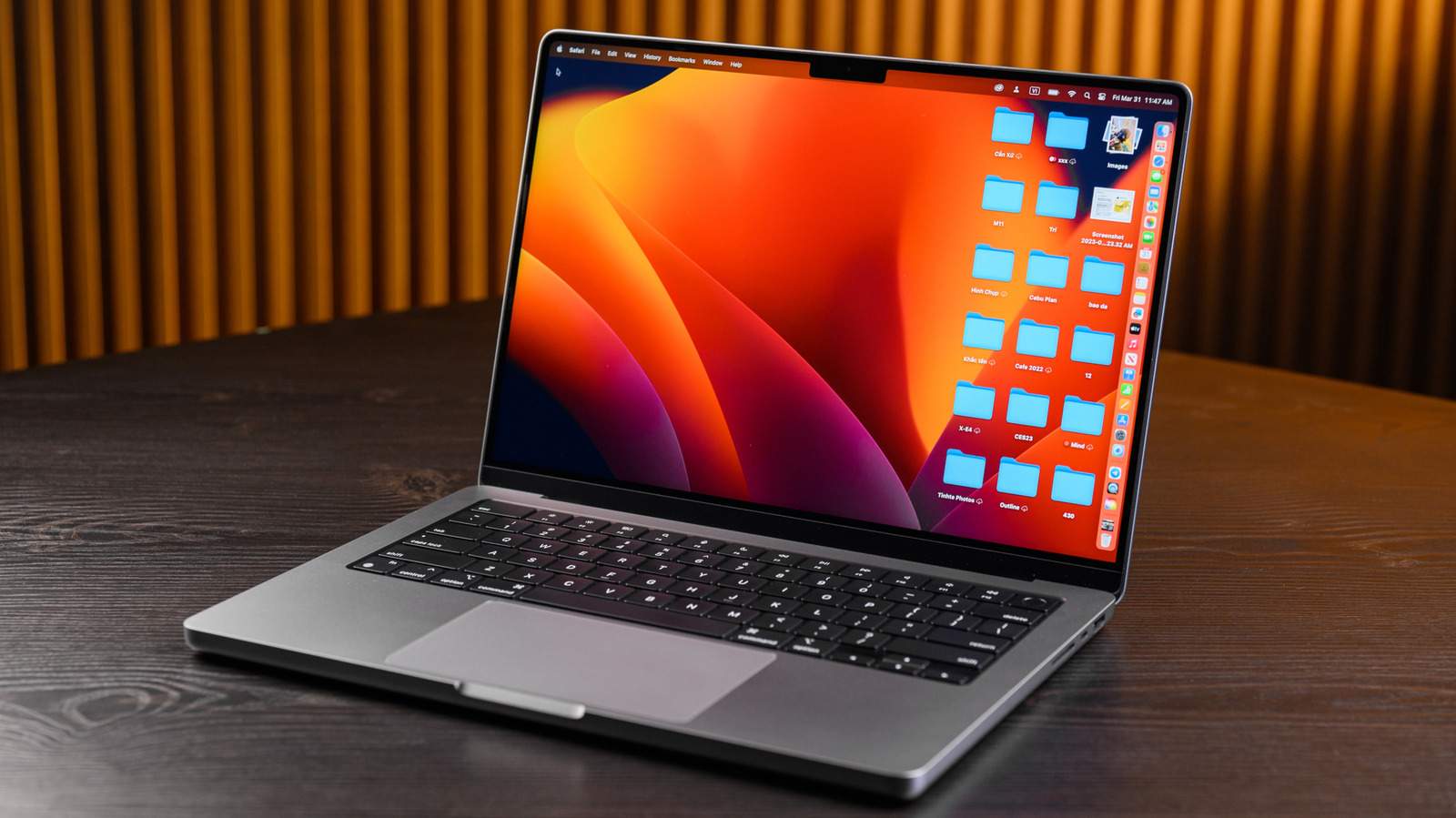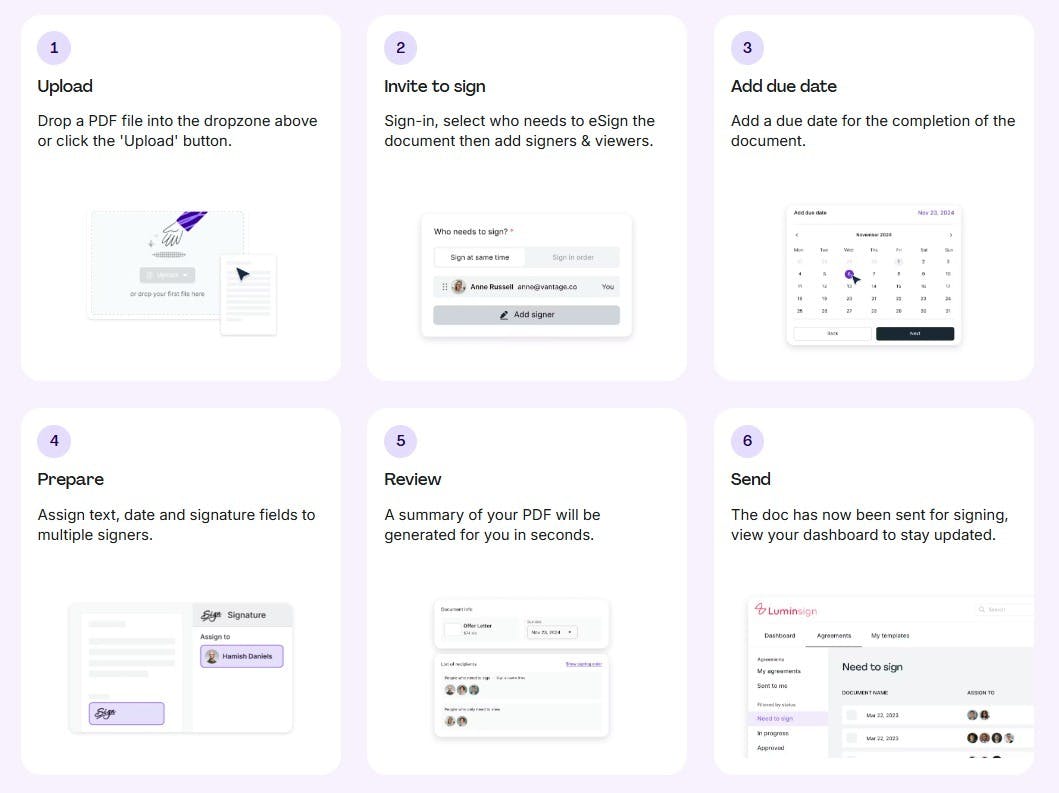At the opening of MWC Shanghai 2025 on Wednesday, Liu Jun, president of Lenovo China, delivered a keynote speech entitled Full-Stack AI Empowering Enterprise Productivity, outlining the company’s strategic vision and practical efforts in the AI era.
“We are currently in the midst of the fourth industrial revolution triggered by AI, where the capabilities of intelligent agents are doubling every few months,” Liu said. He added that artificial intelligence is no longer a mere tool, but is rapidly becoming a core productivity engine for businesses and society.
Lenovo’s AI vision dates back to 2017, when it launched the “Smart China” initiative and began investing deeply in AI capabilities, according to Liu. Currently, Lenovo offers a full-stack AI portfolio, covering AI devices, AI infrastructure, and AI solutions and services. At the heart of this strategy lies Lenovo’s intelligent platform, Qingtian, which powers these innovations by combining AI technologies with real-world enterprise scenarios, Liu said.
The executive detailed the evolution of Qingtian from version 1.0 to 4.0, moving from a cloud-native and middle-platform architecture, to embedded AI (2.0), to the integration of generative AI (3.0), and now to intelligent agents powered by multimodal, strong-reasoning models (4.0). In Qingtian 3.0, Lenovo developed intelligent agents for marketing, sales, and customer service. Liu claimed that as a result of these developments, smart product configuration times dropped from 12 minutes to just two, and AI-driven marketing workflows reduced content production costs by 25%.
In May, Lenovo launched Lexiang, its enterprise-grade super intelligent agent platform, serving as the company’s new unified portal for employees, clients, partners, and the public. Since its rollout, Lexiang has helped increase customer weekly engagement by 270% and boost order conversion rates by 30%, according to figures shown in Liu’s presentation. For the fiscal year 2025, Lenovo China aims to replace one-fourth of its frontline execution processes with AI to unleash new innovation potential, Liu announced.
On the device side, Lenovo has launched AI PCs, AI smartphones, AI tablets, and AIoT devices centered around the Tianxi personal super intelligent agent. AI PCs powered by Tianxi surpassed one million units in sales last year, Liu asserted. Lenovo also currently ranks among the top three server vendors in China and is one of the few AI infrastructure providers operating with both international and domestic technology platforms, according to the company.
Lenovo advances its AI solutions and services through the“One Engine, Three Arrows” strategy, Liu’s presentation slides showed. The engine refers to the Qingtian smart platform, while the three arrows target state-owned firms, SMBs (Small and Medium-sized Businesses), and consumer segments with tailored AI offerings.
For state-owned firms, Lenovo offers five major solutions: intelligent agent matrix, xCloud smart cloud platform, ESG (Environmental, Social, and Governance) tools, precision computing, and full-lifecycle AI services. For SMBs, Lenovo offers services such as smart office solutions, AI-powered marketing, and IT operations and maintenance.
Liu concluded by saying that China’s AI industry is shifting from rapid taxiing to full takeoff. “With AI expanding into every sector of society, Lenovo is committed to making AI accessible to every enterprise and individual. The company invites all partners to join Lenovo in building a better, smarter future for China,” the Lenovo China president added.










